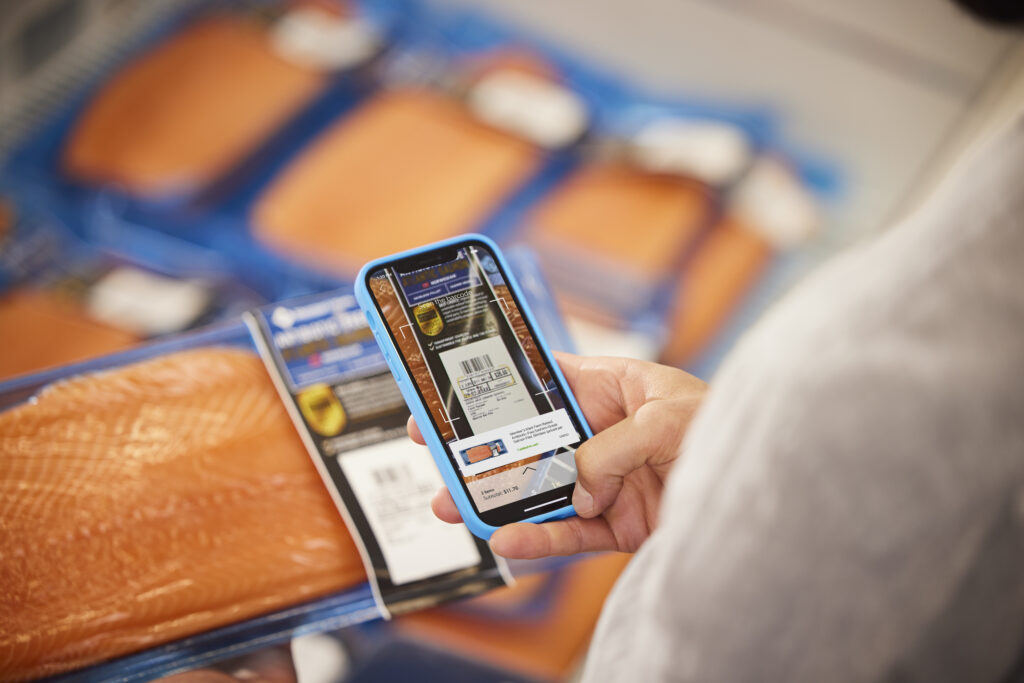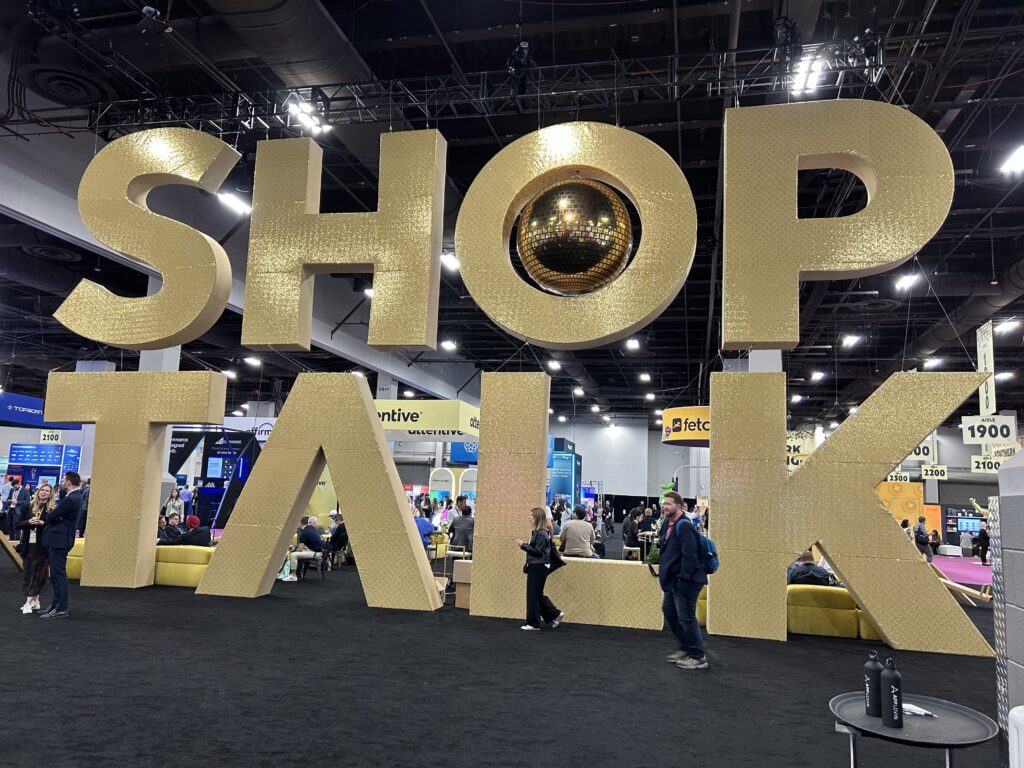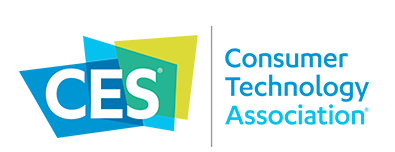
By Jason Stewart, Mars United Commerce
As a creative in the commerce marketing space, the explosion of AI last year left me with a lot of questions about what the rapid evolution of this tech means for brands, consumers, and other creatives like me. The lingering questions about the implications of algorithms and data on creativity is a topic a lot of us creative humans have been processing, so while I went to Las Vegas with an optimistic view, I was looking forward to gaining some clarity (because maybe actual answers were too unrealistic to expect).
I at least wanted to understand not only what this technology can do, but how we humans can coexist with it. I left CES feeling energized and inspired by innovative companies and industry leaders that are putting consumer needs, not technology, at the center of these personalized AI experiences.
I kicked off my week with the L’Oreal keynote. This was the first time a beauty company hosted a keynote at CES, and CEO Nicolas Hieronimus unveiled his vision for the future of beauty through technology and sustainability. Individual beauty was the theme as he introduced the audience to Beauty Genius, an AI-powered virtual beauty advisor on your smartphone.
The app provides personalized analysis and skin care product recommendations based on real-time virtual screenings from your camera. You can even virtually try on these products before you buy. The conversational tone of the dialogue between Nicolas and Beauty Genius felt incredibly human and personal. While appointments at my dermatologist are booked 6-months out, the value of a friendly skin care advisor in my phone dispensing personalized advice was very appealing.
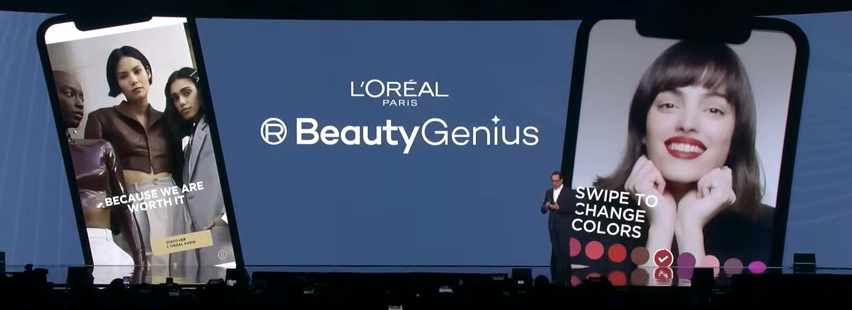
“We used to promise beauty for all; thanks to tech, we want to offer beauty for each.”
L’Oreal’s vision for the future of beauty, as expressed by Hieronimus, embraces individual personalization. And this would be a recurring theme throughout the week at CES.
At a separate talk, Amazon Ads shared their philosophy for serving up personalized ad content through the Amazon Prime video platform, which on Jan. 29 will begin including ads for their shows and movies. TalkShopLive and TikTok, meanwhile, challenged brands to create unique and meaningful experiences by using the products themselves to inspire the content, rather than relying on long-form shows or movies.
With so much product innovation and consumer loyalty in play (I see you, Stanley cup), brands have an even bigger role to play in people’s lives and their importance will continue to drive new traffic to product-focused media. This emergence of live media platforms has elevated the role of creators as experts in connecting brands with new audiences by reaching them where they are and developing content inviting them into the experience in real time.
There’s no doubt that shoppers have set a new level of expectations from all of us marketers. With these higher expectations, the ability to create more personalized, engaging experiences is becoming increasingly easier and cheaper to accomplish. Companies like Hour One are developing human-like 3D avatars in a matter of minutes, and thanks to text-to-speech Gen AI, they look and sound like the humans they’re modeled after. What used to require weeks of planning and large production budgets is now completed in a couple of days. For a veteran creative that has a career full of ideas that never came to fruition due to these hurdles, AI has made big, sometimes unattainable, concepts more accessible and achievable for all brands and budgets.
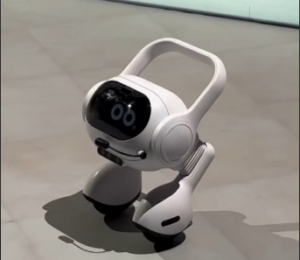
These virtual realities are beginning to live alongside our reality, and the line between the two worlds is sometimes hard to distinguish. LG introduced the CES audience to Q9, an AI-powered robot that was almost puppy-like in the way it moved, danced, and interacted; it has emotive eyes and a cute handle that waves like a tail (see right). Q9’s ability to connect with its human companion is the perfect embodiment of LG’s take on AI: Affectionate Intelligence, not Artificial. Q9’s built-in sensors can read emotions and detect out-of-place accidents in the home — it’s even capable of making emergency calls when needed. LG’s commitment to improving people’s lives didn’t stop at high-tech AI robots. Their Universal Up Kit of accessories will make the brand’s home appliances more accessible for people with disabilities.
While marketers will benefit from these colliding virtual and physical realities, it comes with a responsibility to prioritize people. Walmart CEO Doug McMillon illustrated this point in his keynote, where he described two paths: “One path is to completely prioritize technology. To maximize what’s possible without considering the people implications,” McMillon said, then clicked his remote to reveal the terms “Technology,” “People-led” and “Tech-powered.” “Then there’s the other path. It’s more nuanced. It’s one where the benefits of technology are pursued, but people are considered along the way. This is by our heads and our hearts. The underlying principle is that we should use technology to serve people, and not the other way around. This path enables people to do things in more efficient and enjoyable ways. We’re choosing the second path,” he concluded.
For the past decade, marketers have embraced the omnichannel approach by trying to connect with everyone at every touchpoint. We’re now entering a new chapter of technology with a much more adaptive, nuanced approach that will allow us to create deeper connections – and not just reach every person, but the right person at the right time and with the right context. This path of technology serving people and enabling us to be better humans is a path I’m excited to explore. And the most memorable ideas I was inspired by this week, the companies I wanted to partner with, the technology I wanted to go home with, did just that: create better experiences for people.

About the Author
Jason Stewart is an Executive Creative Director at Mars United Commerce. He has a passion for blending creativity and commerce through fostering a collaborative creative culture and solving challenging business problems with business-first creative.


